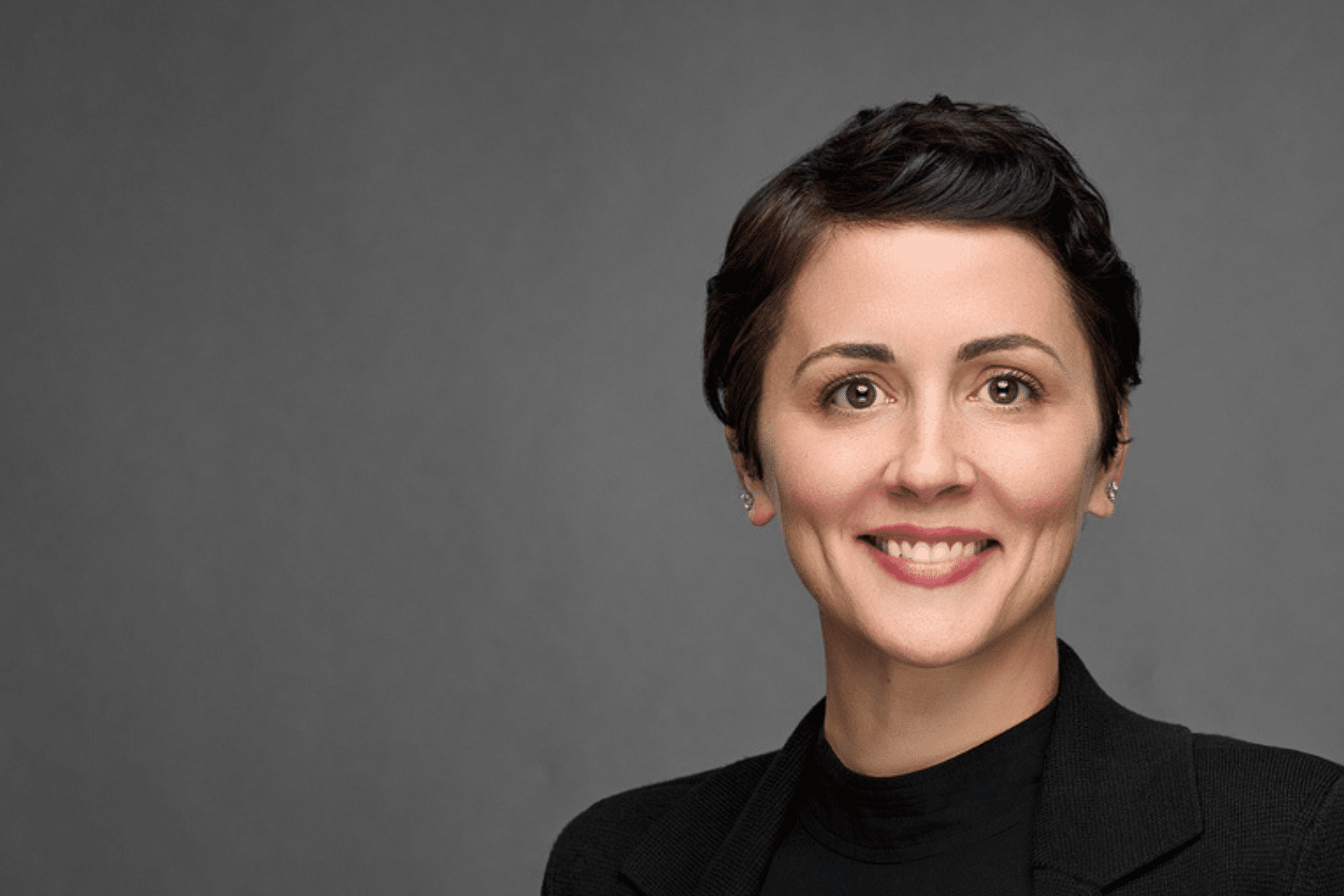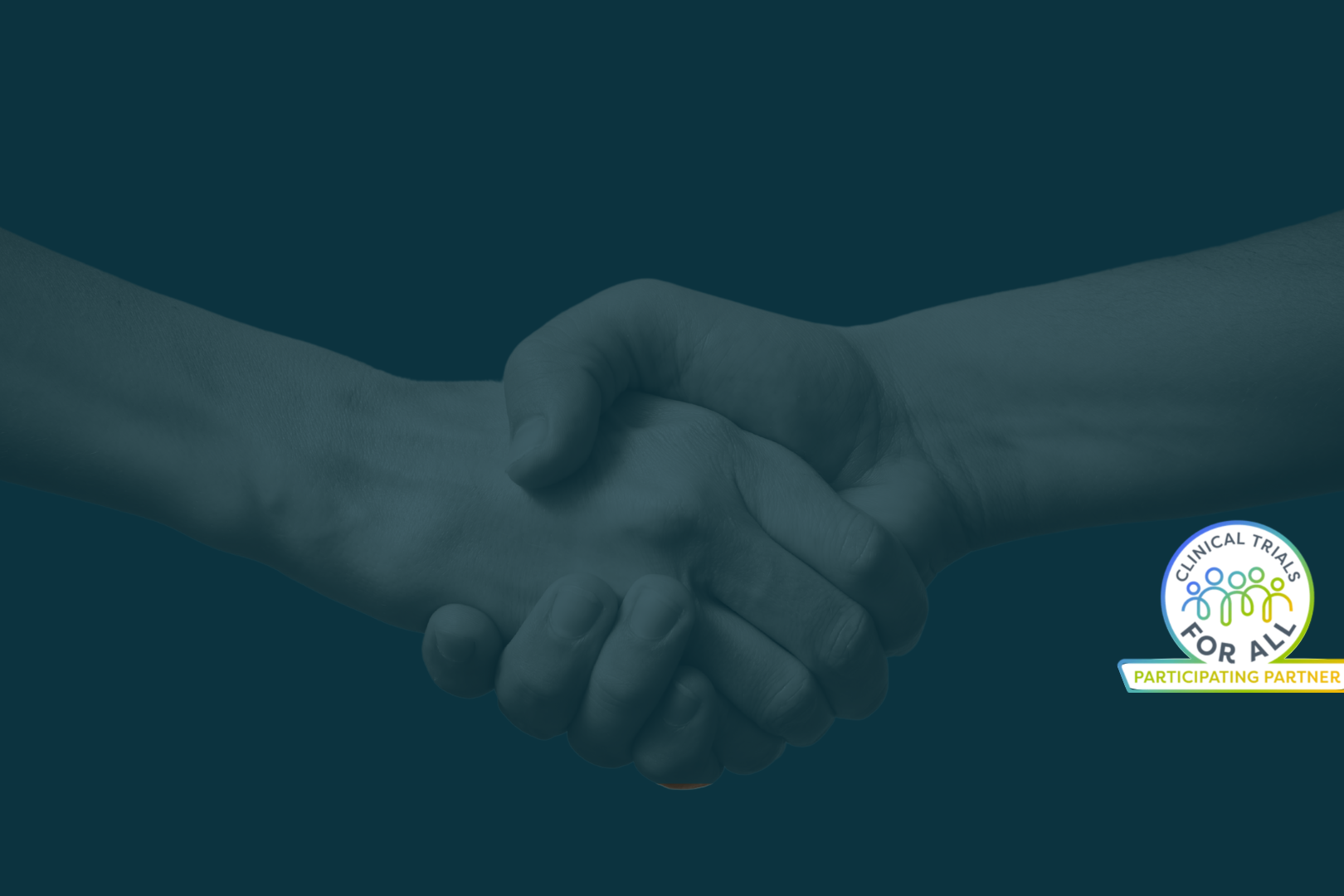Today is World AIDS Day! We can be proud of the tremendous progress we’ve made in the last forty-one years since the first case of HIV/AIDS was reported in the US. Over the past four decades, science and research has come a long way in treatment and care, for those diagnosed with HIV/AIDS and it’s no longer considered a death sentence.
As great as all of this is, we still have an incredible amount of work to do to end the AIDS epidemic completely. Equally important is what I believe is our greatest challenge before us is to eradicate the stigma and shame associated with an HIV/AIDS diagnosis.
The Centers for Disease Control and Prevention (CDC) is pursuing a high-impact HIV prevention approach to maximize the effectiveness of HIV prevention interventions and strategies. Funding states, territorial, and local health departments and community-based organizations (CBOs) to develop and implement tailored programs is CDC’s largest investment in HIV prevention. This includes longstanding successful programs and new efforts funded through the Ending the HIV Epidemic in the U.S. initiative. In addition to funding health departments and CBOs, CDC is also strengthening the HIV prevention workforce and developing HIV communication resources for consumers and health care providers. All of this is good news for those that are at greatest risk of contracting HIV/AIDS.
Now, all we need to do is to develop an initiative and intervention of the heart, an intervention that would eradicate issues of homophobia, stigma, and ignorance. Dr. King said it best when he said, “Through our scientific and technological genius we’ve made of this world a neighborhood. And now through our moral and ethical commitment we must make of it a brotherhood”.
Just recently in Colorado Spring, Colorado, five people were shot dead in a gay nightclub for no other reason than them being in what they thought was a safe space to be themselves and celebrate themselves and stand in their own light and truth. When I think of it, we’ve been so divided along so many different beliefs and ideologies we’ve forgotten the beauty of differences. You know what makes a quilt so beautiful—the different colors, patterns and patches all coming together.
It’s easy to point fingers at others and talk about something we don’t understand. It’s easy to critique and criticize but it takes courage to face our fears and phobias. What I’m talking about is loving one another, loving people, and trying to understand them at all costs. And the best place to start is by standing in our own light and loving ourselves and each other.
This World AIDS Day lets work towards developing a cure for homophobia, stigma, fear, and ignorance. Let’s come together to love and support anyone and everyone that has the courage to stand in the light and be seen as they are. There is this great song that I heard that says, “Stand in the light and be seen as we are, cause the greatest risk we’ll ever take is by far, to stand in the light and be seen as we are”. Just think of all those beautiful souls that have died because they didn’t have the strength, love, and support to stand in the light and be seen as they were. And just maybe, as we show our love and support of others, we too may get the courage to stand in our own light and be seen as we are.



